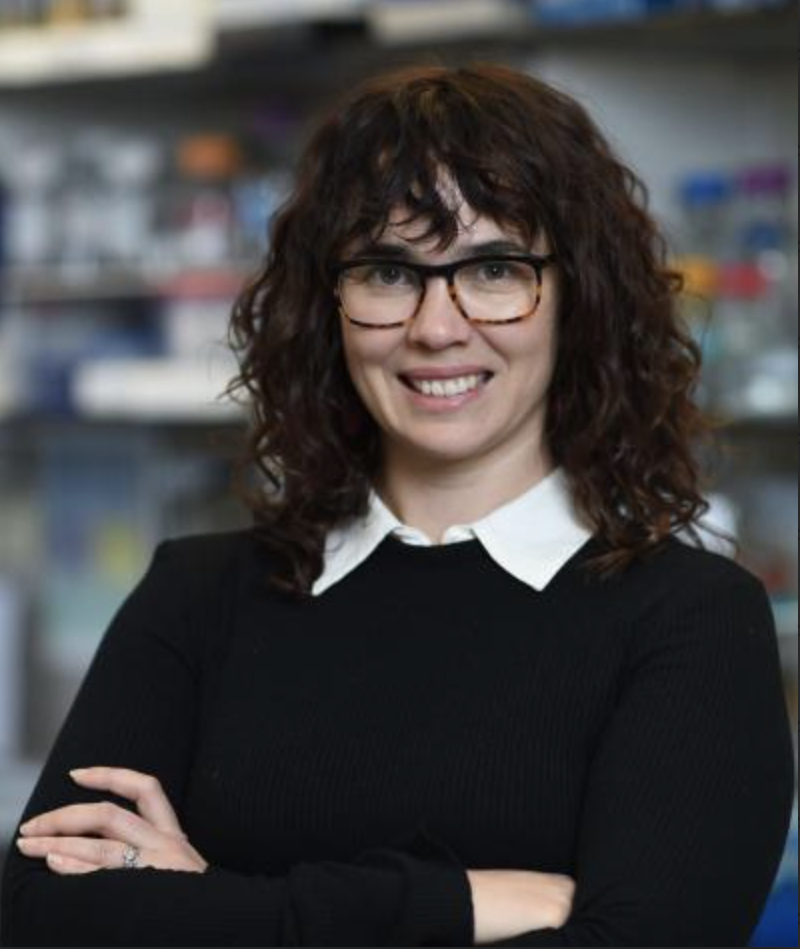2021 VELOCITY FELLOWS
 |
Lauren Houghton, PhD is advancing breast cancer screening in Black women under 40. Incidence of breast cancer in this population is rising, and Dr. Houghton and her colleagues are using a multifaceted approach. Dr. Houghton is an epidemiologist, and her team includes an anthropologist, genetic counselor, and breast cancer advocate – together they are seeking a biomarker which may be able to predict high risk for breast cancer; and recruiting participants for focus groups to learn more about their perceptions of age-based, risk-based, and biomarker-based screenings. Their efforts will be aided this summer by a student from Columbia’s Mailman School of Public Health. |
 |
Chin Hur, MD, MPH is developing less intrusive, more precise tests for the diagnosis of gastrointestinal cancers. As a diagnostic tool for cancer, biopsies can be invaluable – but they are also intrusive, involving the surgical removal of tissue for investigation. Dr. Hur is working on a liquid biopsy – that is, a blood test – for the early detection of gastrointestinal cancer. As GI cancer cells die and are replaced, their remnants are broken down and released into the bloodstream, so Dr. Hur and his colleagues are working to develop a blood test that would detect their presence. It would prove particularly useful for those who have been reluctant to undergo more typical screening regimens, like colonoscopies. Velocity funded the initial studies of these tests, and the results have proven promising, providing Dr. Hur with the necessary data to submit grant proposals for larger studies to the NCI; as this technology develops, applications for it may well become broader, not just for GI cancer, but also for cancers of the colon and the esophagus. |
 |
Markus Siegelin, MD is investigating the mechanisms of metabolism in glioblastomas, the most common brain tumor in adults. Glioblastomas are fast-growing and aggressive brain tumors – the average life expectancy after diagnosis is less than 18 months. Dr. Siegelin and his colleagues are investigating how a particular group of enzymes, Aurora kinases, affect the metabolism of these brain tumors – and then using that new knowledge to design novel interventions. They are seeking out combinations of drug therapies designed specifically to inhibit these enzymes, which would slow or even stop the growth of these tumors. Velocity’s support has been vital in identifying these previously unknown molecular mechanisms; as their research continues, so does their development of new and more promising therapeutic applications. |
 |
Neil Vasan, MD, PhD is studying the thousands of mutations in the most common type of breast cancer, and identifying which therapies are likely to be most effective for each variation. Estrogen-driven cancers are the most common type of breast cancer, caused by a mutation in a gene labeled P13KCA, which produces an enzyme, P13K, that regulates breast cancer cell growth. This gene can mutate in literally thousands of different ways – researchers have identified over 2,000 such mutations – and while many patients respond well to FDA-approved drugs, others do not fare nearly as well. The therapeutic regimen comes with significant side effects, as well -- so what researchers are looking to avoid is giving this treatment to patients who would suffer only the side effects without any progress against the disease. |


Get The Word Out